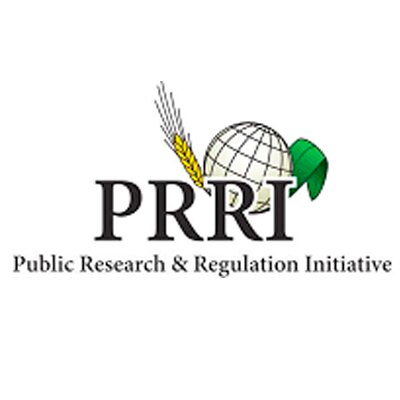
"PHAgave" aims to synthesize polyhydroxyalkanoates (PHA), a form of bioplastic naturally produced by bacterial fermentation, from the available carbon sources in residues from the tequila production process through a recombinant E. coli strain. The study compares the metabolic speed for the PHA synthesis between Pseudomonas putida KT2440 and a recombinant E. coli with the genes for PHA synthesis (fabG, phaG, phaC1 and phaC2) for a continuous production of the bioplastic. This stage also includes the extraction of the PHAs from the intracellular medium in a more sustainable way than a chemical lysis.The main objective is to make the process efficient, clean, and with a high yield. The obtained bioplastic has multiple applications; for example, it can be used for the creation of disposable laboratory equipment and containers due to its resistance to heat and oils. A business model for the commercialization of our bioplastic is included.












